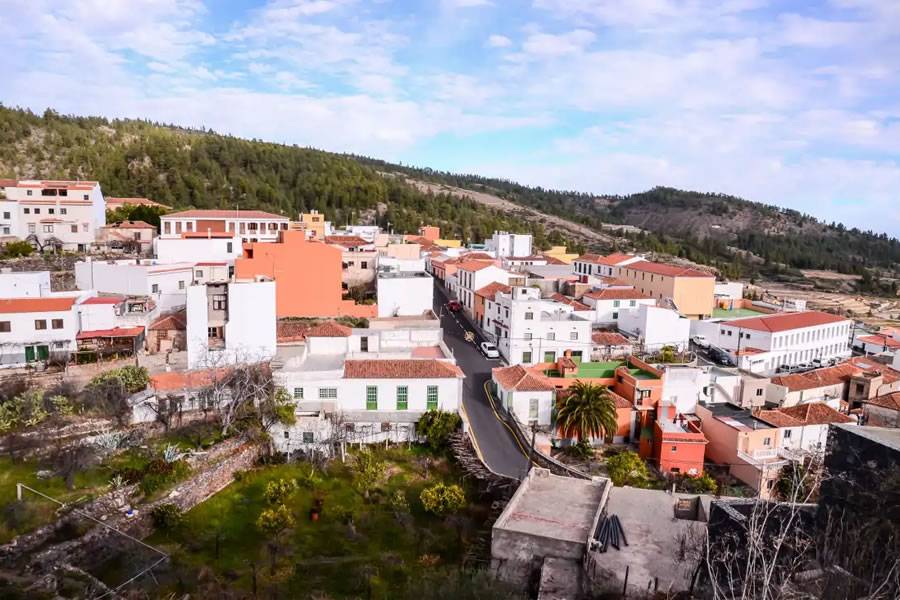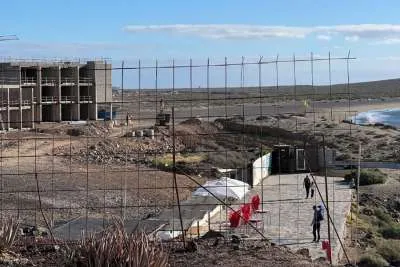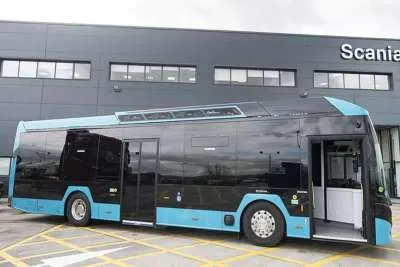Canarian families face 28-years wait to save a deposit to buy a home
- 28-03-2025
- Business
- Canarian Weekly
- Photo Credit: Stock image
Families in the Canary Islands are confronted with the staggering reality of needing to save for 28 years just to afford the deposit on a home, according to a recent study by the real estate portal Idealista.
Typically, buying a two-bedroom home in Spain requires savings of around €51,000. This amount covers the 20% deposit not financed by banks, along with various closing costs and taxes. With the Spanish National Institute of Statistics (INE) reporting a family savings rate of 7.1% in 2024, it would take about 24 years to gather this sum.
However, the challenge is even greater in the Canary Islands. Here, families in the eastern province (Gran Canaria, Lanzarote and Fuerteventura) need an average of €62,000 for a deposit, equating to 28 years of saving. In the western province of Tenerife, La Gomera, El Hierro, and La Palma, the figure rises to €79,000 translating to 38 years of savings.
Francisco Iñareta from Idealista highlights the immense hurdles families are facing in purchasing homes. He points out that current property prices and wages stretch the saving period to an unrealistic length, making homeownership out of reach for many without extra help from donations or inheritances. He adds that rental costs often surpass mortgage payments, yet without enough savings, many are stuck renting.
The time needed to save for a deposit varies across regions, with the Balearic Islands leading at 47 years. Following are Málaga (44 years), Santa Cruz de Tenerife (38 years), Alicante (31 years), and both Madrid and Las Palmas (28 years). Other provinces, like Cádiz (23 years), Girona, and Guipúzcoa (22 years), also require significant saving periods.
In Spain’s major cities, Palma demands nearly 46 years of savings, similar to its province. Madrid and Málaga require 38 years, while San Sebastián follows at 37 years. Cities like Barcelona (32 years), Alicante (31 years), and Cádiz and Valencia (28 years) also pose challenges. Jaén stands out with the shortest saving period at 11 years.
This financial strain impacts not just the immediate economic well-being of families but also restricts their ability to invest in other important areas, like education or starting a business. As a result, it perpetuates a cycle of financial insecurity that hinders social mobility in the region.
Families are left juggling priorities, often sacrificing long-term growth opportunities for short-term necessities, which keeps them from breaking free of this challenging economic loop.



























































